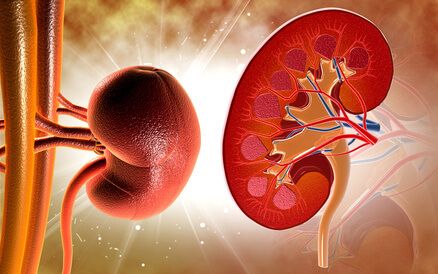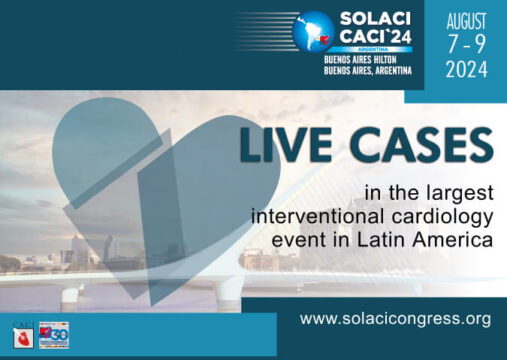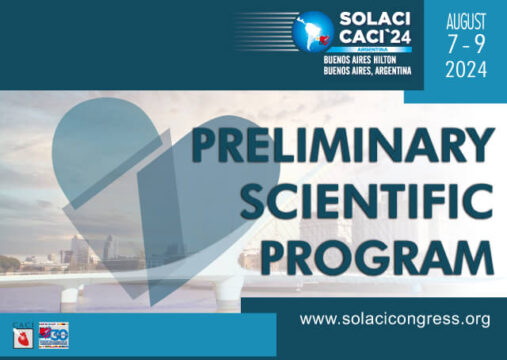1- What Antiplatelet Therapy Should We Use in Patients with Stroke/TIA? Interesting Results for the POINT Trial
The New England Journal of Medicine (NEJM) recently published an article about the POINT trial (simultaneously presented at the European Stroke Organisation Conference), a long-awaited randomized clinical trial to assess the efficacy and safety of dual antiplatelet therapy (DAPT) with aspirin and clopidogrel in patients with recent transient ischemic attack (TIA) or ischemic stroke.
2- What Is the Best Antiplatelet Therapy in Primary Angioplasty at 12 Months?
Both prasugrel and ticagrelor showed superiority in terms of efficacy, reducing the number of major cardiovascular events at the expense of increased bleeding. This is an affordable cost, and the net clinical benefit supports these new antiplatelet therapies.
3- ACC 2018 | SMART-DATE: 6 Month DAPT Results Suboptimal in ACS
This study compared 6 vs 12 or more months of dual antiplatelet therapy (DAPT) in patients undergoing acute coronary syndrome (ACS) receiving contemporary DES, and it did not find differences in combined endpoint. However, looking at primary endpoint components separately, there were more infarctions in patients with a short DAPT scheme that we cannot ignore.
4- New Study Shows Ticagrelor + Aspirin Reduce Events Rate
Just when we were starting to understand how long dual antiplatelet therapy should be for our patients, JACC publishes this study where ticagrelor combined with aspirin significantly reduces relative and absolute events rate at long term, especially in patients with multivessel disease.
5- The Higher the LDL-C Level, the Greater the Benefit in Mortality with Aggressive Therapy
The latest studies seem to support higher baseline LDL-C levels would justify further intensifying and already aggressive drug strategy. A more aggressive hypolipidemic therapy would involve adding far more expensive new drugs that many specialists are reluctant to accept, in terms of their cost benefit ratio.
6- Can We Prevent Cardiovascular Events without Aspirin?
As regards the use of antithrombotic agents, the risk of bleeding will always be an issue, and in the case of aspirin this risk is twice as big: it does have the desired antiaggregation effect, but on top of the increased bleeding risk, it has a damaging effect on stomach lining that increases the risk of stomach bleeding in particular. Can we mitigate this effect? Several studies are looking into free aspirin cardioembolic stroke prevention, even after PCI.
7- ESC 2018 | CLARIFY: No Survival Benefit with Beta-Blockers Beyond 1 Year After Infarction
This is another study that concludes that beta-blockers have no impact on mortality at 1 year after infarction in stable patients and offer no survival benefit to patients with stable ischemic heart disease who have not experienced a myocardial infarction. This analysis represents 5 years of follow-up in a large, multinational registry and also shows a lack of benefit derived from calcium channel blockers.
8- ESC 2018 | GLOBAL LEADERS: Ticagrelor Monotherapy Is Not Superior to Classic Therapies After Angioplasty
Dropping aspirin after the first month and continuing with ticagrelor monotherapy was not better than standard dual antiplatelet therapy (aspirin plus ticagrelor or clopidogrel) in patients who underwent coronary angioplasty. Patrick Serruys presented this work (which was simultaneously published in The Lancet) at the European Society of Cardiology (ESC) Congress 2018 and explained that, given the potent and consistent antiplatelet effect of ticagrelor, researchers came up with the hypothesis that ticagrelor monotherapy might be superior to aspirin.
9- TCT 2018 | OAC-ALONE: Anticoagulation Alone 1 Year After Stenting in Patients with Atrial Fibrillation
Up to now, there had been no randomized controlled trial assessing oral anticoagulation alone vs. oral anticoagulation plus antiplatelet therapy in patients with atrial fibrillation 1 year after stenting in a setting of stable coronary disease. Such was the vacuum that this work, presented at TCT 2018 and published simultaneously in Circulation, attempted to fill.
10- Safety of Combining New Anticoagulant Agents and Dual Antiplatelet Therapy
Atrial fibrillation is the most common arrhythmia and its combination with a history of acute myocardial infarction or coronary angioplasty is quite frequent. According to this study (recently published in JACC), in a real-world population, the combination of direct anticoagulant agents and dual antiplatelet therapy reduces significantly the risk of bleeding and provides similar thromboembolic protection compared with vitamin K antagonists combined with dual antiplatelet therapy.
Subscribe to our weekly newsletter
Get the latest scientific articles on interventional cardiology
We are interested in your opinion. Please, leave your comments, thoughts, questions, etc., below. They will be most welcome.





